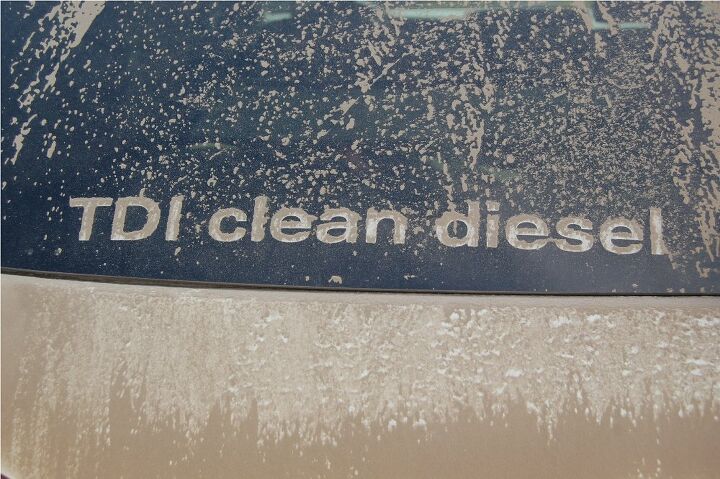The Dirty Business Of Clean Diesels

We get accused a lot of being anti-diesel. In reality, most of us love driving them. Paying for them is another issue. VW has just announced pricing on the new 2010 Golf VI, and the diesel premium is…premium. As in $4500. Strictly speaking, that investment also buys you a slightly lowered suspension (cost to VW: $0), and a slightly better audio unit (cost to VW: $50?). Here are the numbers: 2 door gas (2.5, 170 hp, EPA: 22/30) starts at $17,490; 2 door TDI (2.0, 140 hp, EPA: 30/41) starts at $21,990. Annual fuel cost savings are $362 for the TDI. Maintenance and repair costs favor the gas engine. Zero to sixty is similar with either model, with the gas (7.8 seconds) edging out the diesel (8.6 seconds) by a nose. The question we have is why not bring over VW’s excellent new 1.6 liter TDI engine, which makes 105 hp, and can easily top 50 mpg. Do diesel drivers prefer lowered suspensions and high(er) performance, or maximum mileage and a lower price?

More by Paul Niedermeyer


































Comments
Join the conversation
@ Pch101 ... you can’t face a Chicago winter without bringing a serious winter coat. My very first travel experience was to Chicago, and NOT having done my research, I did not bring anything close to "warm". I was then clearly identified as an under prepared tourist/traveller at the nearest retail shop. I was completely GOUGED for thermals, a suitable-for-the-Arctic warm coat & boots! The sales staff sniggered openly as I handed over the cash. Lucky I only carry a small amount of anti-USA bias from that event.... (Joking). @ johnthacker MPG is not a “multiplier against price.” ..... Multiplying is, as you note, easier for consumers to do in their head. Yes, "multiplier" was the wrong word. I intended to mean that the consumer could work it out easily. I should have just said that.